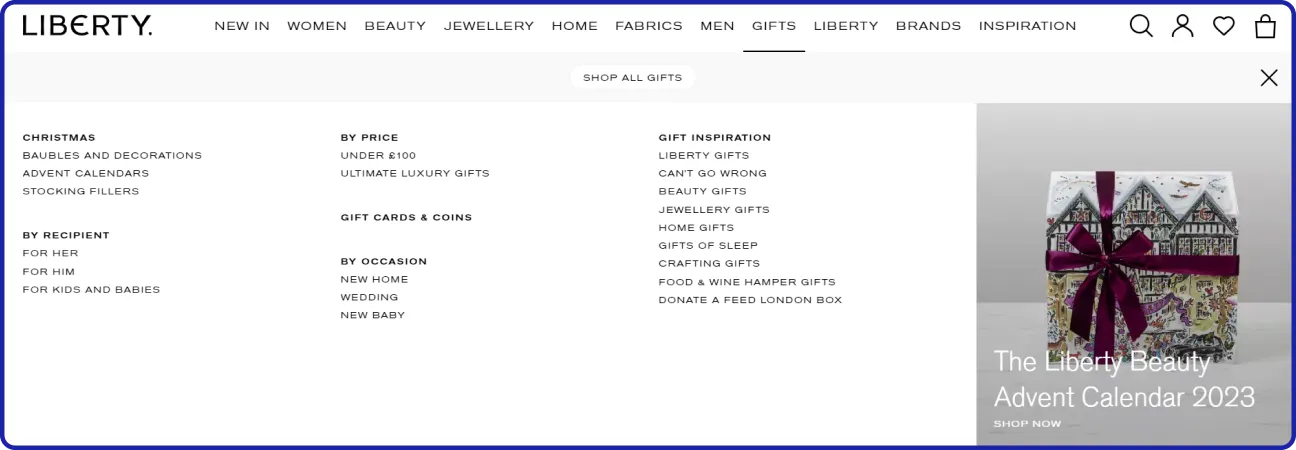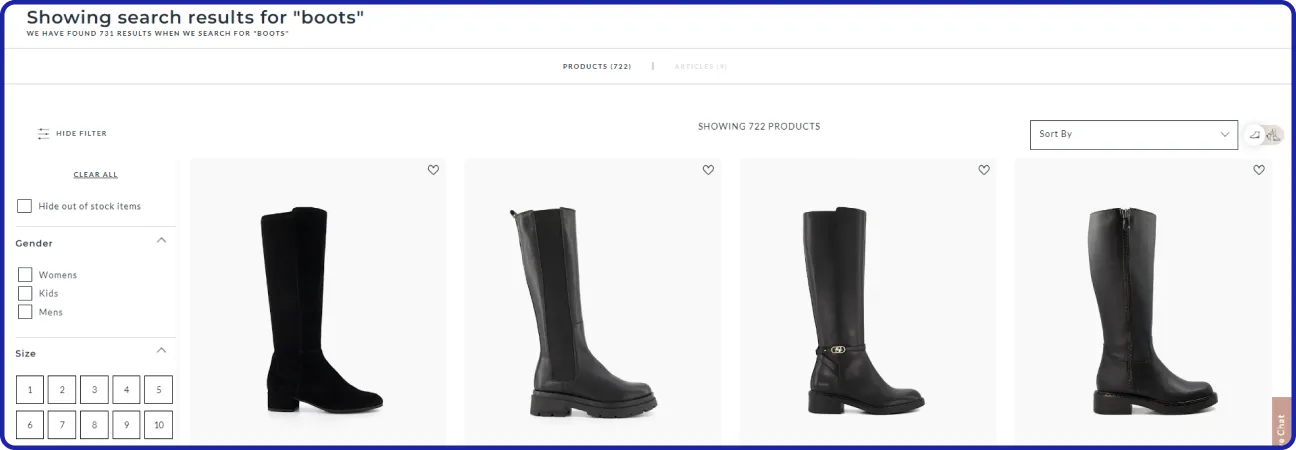By Alex Burnham, Head of Customer Strategy & Success at Tryzens Global As customer experience...


By Aimee Hart, Principal CX Consultant
Delivering a seamless customer experience (CX) has become a fundamental pillar of retail success, with many retailer’s annual performance hinging on the outcome of the highly competitive peak season.
There’s much more to CX than driving up conversion rates; research finds that customers are willing to spend more for a great experience as well as share positive experiences with others, which generates pools of potential customers. At the same time, businesses can boost their return on advertising spend (ROAS) efficiency.
ROAS is an increasingly important KPI given that 51% of all retail traffic comes from new users, according to the Retail Digital Experience Benchmark Report. This presents huge potential for retailers to transform new users into long-term, high-value customers.
If you’re focused on maintaining a competitive edge in the energetic, fast-moving retail landscape, then let’s talk through 6 CX tips to enhance your user experience and propel strong end-of-year growth.
Fast-loading pages are crucial to keeping potential customers on the site and engaged. Every second matters. The bounce rate increases 32% as page load time going from 1 second to 3 seconds, according to Google. While the probability of a mobile site visitor bouncing shoots to 123% at 10 seconds.
With website speed top of mind, start by caching more. This not only improves performance but also eases the load on your infrastructure. With effective caching, a large amount of traffic is served from cached resources, reducing the load on lower levels of the technology stack and increasing page load speed.
Downsizing JS files and pre-sizing images for mobile and desktop are also effective ways to boost page load speed. Additionally, streamline the frontend of your storefront by removing any unused third-party elements and minimizing frontend errors being served to customers.
Now your website loads faster, you want to speed up the process for customers to find the right information. Information architecture (IA) plays a pivotal role in creating an effortless browsing experience. A well-designed IA reduces cognitive load, supports a more focused experience and helps users find what they’re looking for more efficiently.
When IA is designed around usability, businesses can benefit from an 80% increase in conversion rates, user traffic, and user performance, according to the Nielsen Norman Group.

Ensure that new products or categories on your mega menu seamlessly integrate into your existing structure and don’t disrupt anything. Group similar items together so that users will find them where they expect.
Filters and facets are your superheroes, which enable customers to refine their searches and find the perfect product using intuitive and user interface-friendly product listing page filter labels.
Tryzens knows from usability testing that a large proportion of people look down at the keyboard as they type, missing relevant listings, which leads to dead ends.
Optimise your search bar’s functionality by adding filter options, enabling users to refine their results right within the search bar, for example by department, feature, size.
Improve the search user interface (UI) to make it more prominent and user-friendly. Make use of search data to display common search terms on product detail pages (PDPs) and product listing pages (PLPs) to aid shoppers in their quest.

Your homepage should spotlight revenue-generating products. Simplify the layout and give prominence to these items in hero banners and above-the-fold sections. Creating a captivating first impression encourages shoppers to explore further.
Simplify the shopping journey by allowing customers to hover over items and add items to their basket directly from the PLP. In addition, implement social proof strategies by going beyond sharing reviews at the bottom of PDPs by highlighting top reviews and ratings above the fold to boost credibility and demand.
Make returning visitors feel valued by reloading their carts upon their return. This not only reduces cart abandonment but increases conversions. We have tested this across a number of brands and have also seen increases in average order values (AOV) – particularly where wishlist functionality is absent or requires account creation.
Ensure that discounts are clear, easily applied, and uncomplicated for customers. Clarify what discounts have been added or why their carts don’t yet qualify. If you provide discount codes, name them something that is easy to remember, for example, “BLACKFRIDAY” instead of “BLKFRI2023”. Make it simple; reduce confusion.

By incorporating these 6 CX tips into your peak season approach, you’ll be well-positioned to enhance your site’s performance, streamline the user experience, and ultimately increase sales and customer satisfaction.
Tryzens has a dedicated team of CX specialists who work with businesses to implement customer-driven, data-backed solutions that are tailored to each brand’s customers.
Are you looking for ways to finetune your peak season strategy? Struggling with your overall approach to the biggest time of the year? Connect with Tryzens.